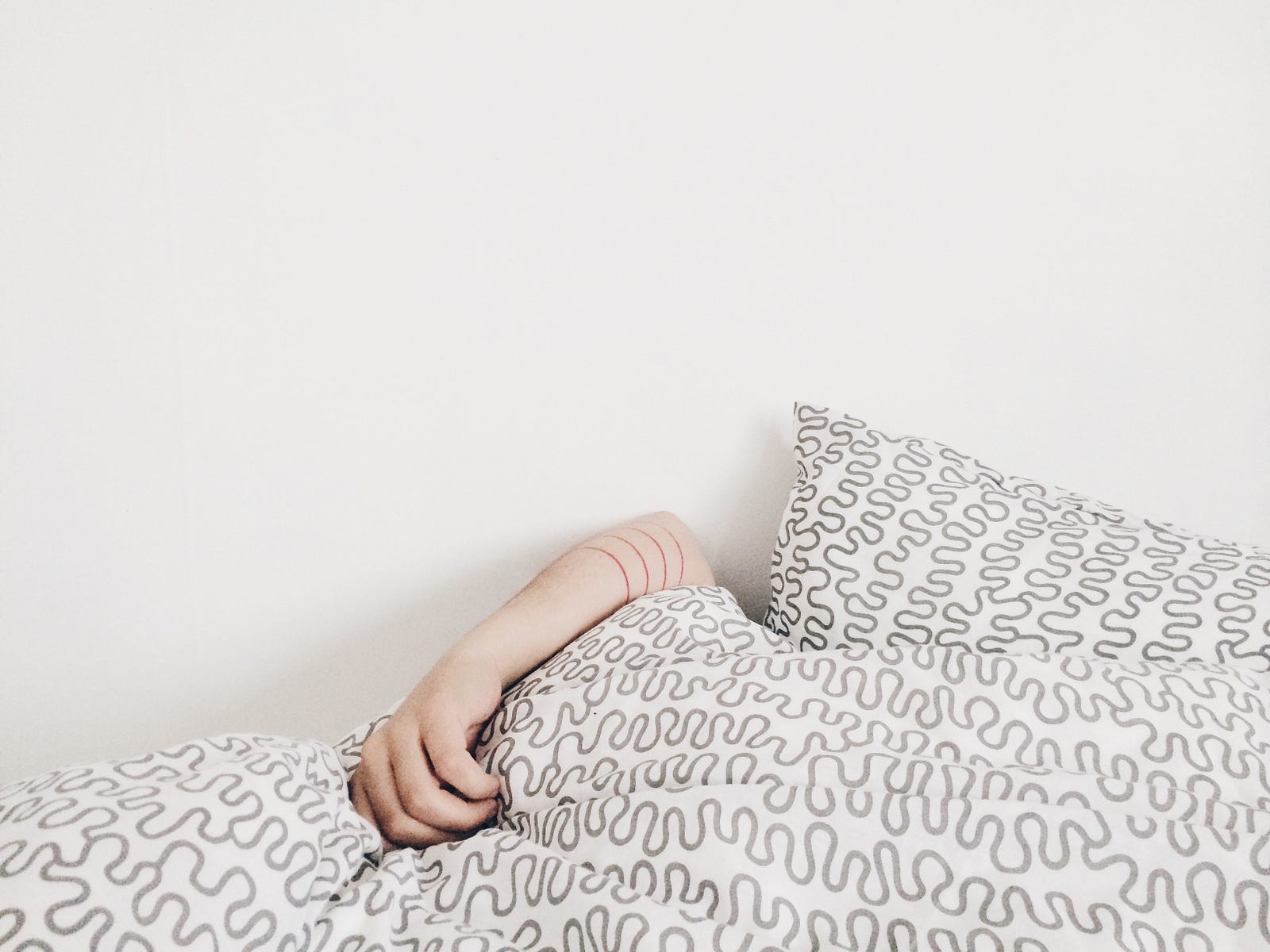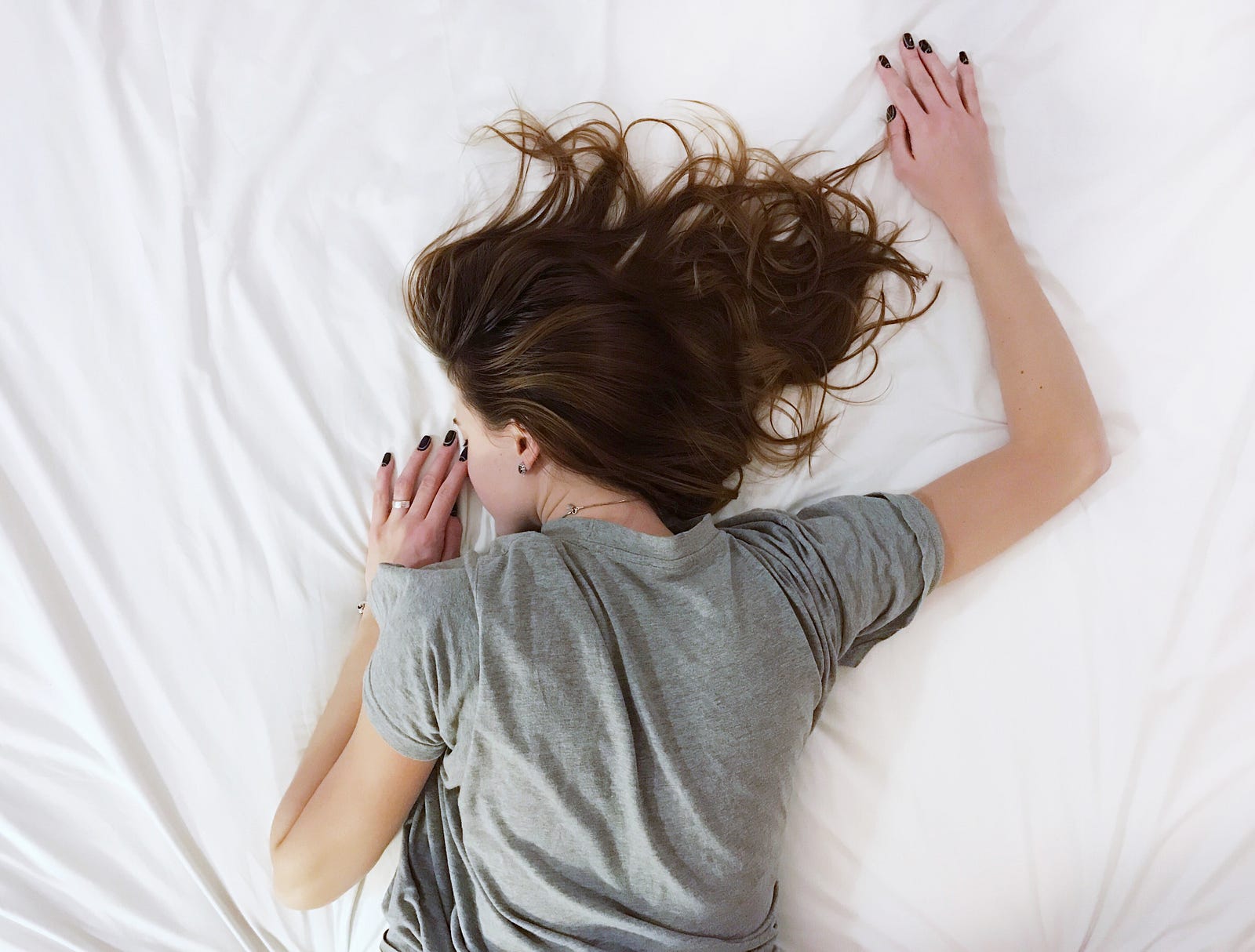IN TODAY’S FAST-PACED WORLD, many individuals perceive daytime napping as a sign of laziness or lack of productivity. However, a recent groundbreaking study sheds new light on the benefits of daytime naps. This essay explores the surprising benefits of napping, including unlocking your brain’s cognitive potential.
First, however, I want to address a 2022 study showing naps are associated with a higher risk of high blood pressure and stroke.
Sleep
If sleep is truce, as it is sometimes said,
a pure time for the mind to rest and heal,
why, when they suddenly wake you, do you feel
that they have stolen everything you had?
Why is it so sad to be awake at dawn?
It strips us of a gift so strange, so deep,
it can be remembered only in half-sleep,
moments of drowsiness that gild and adorn.
The waking mind with dreams, which may well be
but broken images of the night’s treasure,
a timeless world that has no name or measure
and breaks up in the mirrors of the day.
Who will you be tonight, in the dark thrall
of sleep, when you have slipped across its wall?
Nap Perils
Napping is a common practice that many people engage in to recharge and combat fatigue. While short, occasional naps are associated with benefits such as increased alertness and improved cognitive function, the effects of frequent or long-duration napping are still a subject of scientific investigation.
Certain health conditions, such as high blood pressure and stroke, are influenced by various factors, including lifestyle, genetics, and pre-existing medical conditions.

While some studies have suggested an association between excessive daytime sleepiness or long naps and an increased risk of cardiovascular problems, the precise mechanisms and causality are not yet fully understood.
A 2022 study showed that individuals who often nap have a greater chance of developing high blood pressure and stroke. Here are the findings:
Study participants who typically napped during the day were 1.12 times more likely to develop high blood pressure over time and 1.24 times more likely to have a stroke than people who never napped.
If the individual was under age 60, napping most days raised the risk of developing high blood pressure by 1.2 times compared with people who never or rarely nap.
Nap Perils — 2022 Study Details
The 2022 study used data from 360,000 participants who had given information on their napping habits to the UK Biobank, a large biomedical database that followed residents from 2006 to 2010.
UK study participants provided blood, urine, and saliva samples regularly. They answered questions on napping four times over the four-year study. However, the study only collected nap frequency, not duration. The databank relied on self-reports of napping, a limitation due to imperfect recall.
The researchers did not define what a nap should be. If you sleep three hours during the day, we should not consider that a nap. Moreover, most study participants took naps, drank daily, smoked cigarettes, snored, had insomnia, and reported being an “evening person.”
On the other hand, a power nap that is 15 to 30 minutes (around noon to 2 p.m.) is usually best. Of course, napping can take away the drive to sleep at night if you have chronic insomnia.
Why Might Naps Increase Cardiovascular Risk?
Speaking with CNN, clinical psychologist, and sleep expert Dr. Michael Grandner explains:
“This may be because, although taking a nap is not harmful, many people who take naps may do so because of poor sleep at night. Poor sleep at night is associated with poorer health, and naps are insufficient to compensate for that.”

In the 2022 study, the results held even after excluding those at high risk for hypertension, such as those with pre-existing high blood pressure, type 2 diabetes, high cholesterol, sleep disorders, and who did night-shift work.
In summary, the results show that napping is associated with a higher incidence of stroke and high blood pressure. This relationship held after adjusting for many variables linked with cardiovascular disease risk.
New Nap Research Findings
The study, published in Sleep Health, examined the impact of daytime napping on cognitive function and memory consolidation. Scientists from University College London (England) and the University of the Republic of Uruguay conducted the study.
The researchers recruited healthy young adults. They divided them into two groups: one that took a 60 to 90-minute nap in the afternoon and another that remained awake throughout the day. Researchers assessed participants’ cognitive performance using a battery of tests.
The study showed:
Individuals taking daytime naps had significantly improved cognitive performance compared to those who stayed awake.
Specifically, naps were associated with better attention, working memory, and enhanced problem-solving abilities.
Napping Folks Have Bigger Brains
Habitual napping appeared to be associated with larger total brain volume. On average, the difference in brain volume between nappers and non-nappers was equivalent to 2.5 to 6.5 years of aging, researchers said.
Larger brains tend to have a lower risk of dementia and other diseases, according to the researchers.
The researchers used Mendelian randomization to analyze DNA samples and brain scans from over 35,000 subjects aged 40 to 69.
Mendelian randomization is a statistical process that uses genetics to provide information about the relationship between exposure and outcome.
Researchers examined genetic code linked to people’s likelihood of regular napping and then compared brain health and cognition results between those with the napping genes and those without.
The Mendelian approach avoids confounders occurring during life that may influence the nap: health relationship. Alas, this approach can show an association. It can prove a causal relationship.
Key points — Naps and Your Brain
Questions. Do naps improve cognitive functioning?
Findings. A recent study showed that individuals taking daytime naps had significantly improved cognitive performance compared to those who stayed awake.
Meaning. During sleep, the brain undergoes crucial processes that strengthen memory traces and enhance learning. The study suggests that daytime naps facilitate this memory consolidation, improving cognitive performance. However, excessive napping can be a sign of an underlying sleep disorder. I keep my naps infrequent and short (20 to 30 minutes).
NASA recently provided some insight about nap length:
5 Top Nap Tips
- Keep it short: Aim for a power nap of 20–30 minutes. This duration allows you to reap the benefits of napping without entering deep sleep stages, which can leave you feeling groggy and disoriented upon waking. Shorter naps help prevent sleep inertia and make transitioning back into your daily activities easier.
- Choose the right time: Find the ideal nap time based on your sleep patterns and schedule. Generally, mid-afternoon, around 2–3 p.m., is a good time for a nap. Avoid napping too close to bedtime, as it may interfere with your sleep.
- Create a comfortable environment: Make sure your nap environment is conducive to relaxation and sleep. Find a quiet, dimly lit space where you can lie down comfortably. Use a blanket, pillow, or an eye mask to block out light and make yourself cozy. Consider using earplugs or soothing white noise if you’re in a noisy environment.
- Establish a pre-nap routine: Develop a pre-nap routine to signal to your body and mind that it’s time to relax. Engage in calming activities like deep breathing, reading a few pages of a book, or listening to relaxing music. Avoid stimulating activities or consuming caffeine before your nap.
- Wake up gently: When it’s time to wake up from your nap, do so gradually. Avoid abrupt alarms or jarring noises. Consider using a gentle alarm clock or a smartphone app that gradually increases the volume of soothing sounds to wake you up slowly. Give yourself a few minutes to fully wake up and adjust before resuming your activities.
Everyone’s sleep needs and preferences are different, so feel free to experiment and adjust these tips to find what works best for you.
The information I provided in this blog is for educational purposes only and does not substitute for professional medical advice. Please consult a medical professional or healthcare provider for medical advice, diagnoses, or treatment. I am not liable for risks or issues associated with using or acting upon the information in this blog.
Thank you for reading “Naps and Your Brain.”




